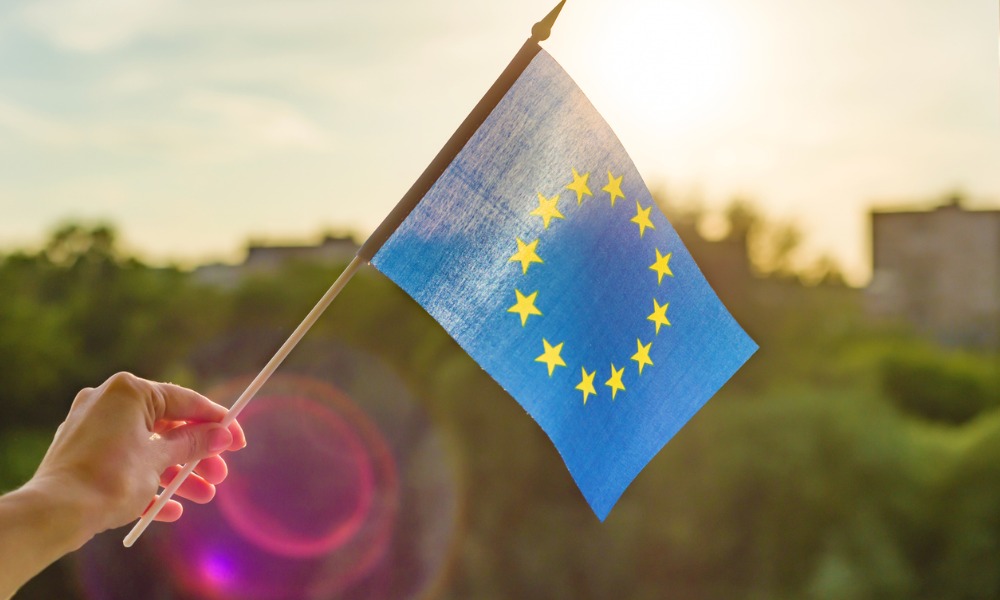
New regulation targets a circular economy by aiming for all packaging to be recyclable by 2030

The European Union has introduced new laws under the “European Green Deal” to become the first sustainable, net-zero economy, the International Bar Association (IBA) reported.
One key piece of legislation, the EU Packaging Regulation, targets a circular economy by setting a goal for all packaging to be recyclable by 2030 and introducing measures to promote reuse and refill.
The Corporate Sustainability Reporting Directive (CSRD) complements this by banning products made with forced labour and deforestation and expanding reporting and supply chain due diligence obligations. The Corporate Sustainability Due Diligence Directive further requires companies to prevent adverse environmental and human rights impacts in their operations and supply chains.
“The EU is leading in terms of the volume and breadth of new regulations on environmental sustainability matters. The obligations imposed often go well beyond similar requirements in jurisdictions outside the EU,” said Ed Turtle, website officer on the IBA Product Law and Advertising Committee and a lawyer at Cooley in London.
Thomas Delille, a partner at Squire Patton Boggs, added, “The EU has the highest ambition in the world regarding sustainability. However, the feedback suggests that the regulatory burden might threaten the EU’s competitiveness, especially for smaller entities.”
Various new measures aim to reduce waste and capture data on products' environmental impact. The “right to repair” initiative, included in the EU Packaging Regulation, the Ecodesign for Sustainable Products Regulation, and the Right to Repair Directive, seeks to end “throwaway culture.” This requires manufacturers to provide timely, cost-effective repair services and inform consumers about their rights.
Turtle explains that the “right to repair” obligations will increase complexity and costs for companies bringing products to the EU market. These obligations, applicable to EU and non-EU companies exceeding certain thresholds, could lead to greater liability risks as consumer claims are expected to rise, especially with the EU’s revised Product Liability Directive taking effect in 2026.
The IBA highlighted that manufacturers will need to redesign products to ensure they are safe for repair and have a longer lifespan. Distributors will also need to amend statutory warranty rights to favour repair over replacement and provide more information on the repairability of goods.
The CSRD and the upcoming Corporate Sustainability Due Diligence Directive impose extensive sustainability reporting obligations across all sectors. Large companies, including non-EU firms meeting certain thresholds, must report on environmental, social, and governance (ESG) metrics and review supply chain risks.
Emma Bichet, special counsel at Cooley, Brussels, stated, “Few companies currently make comprehensive ESG disclosures as required for CSRD compliance, so many businesses are far from compliant.”
The IBA noted that while other countries, including the US, are adopting similar sustainability initiatives, the EU’s regulations are more extensive. To comply with the new rules, many companies hire sustainability counsel, upskilling legal and compliance teams, or rely on external counsel.
The EU also encourages consumers to adopt sustainable behaviours, a key aspect of its circular economy initiatives. Alessia Cristiana Oddone Wales, vice chair of the diversity and inclusion group within the IBA European Regional Forum, emphasized the need for communication and education to drive true cultural change, noting that legislative measures alone may not suffice.